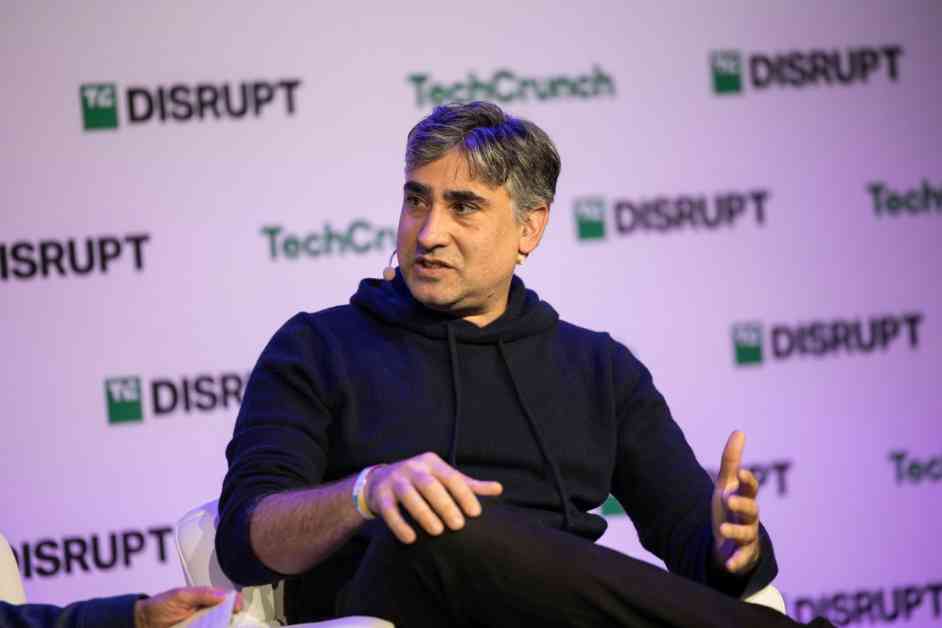During a recent talk at TechCrunch Disrupt 2024, Andreessen Horowitz general partner VC Martin Casado shared his insights on the current state of AI regulations. He criticized lawmakers for attempting to regulate AI based on hypothetical future scenarios rather than the actual risks posed by AI technology today.
Casado highlighted the challenge of defining AI in policies, pointing out the lack of clarity in current regulatory efforts. He also expressed his concerns about poorly drafted legislation, such as California’s vetoed AI governance law, SB 1047, which aimed to include a “kill switch” in large AI models. Casado argued that such laws could stifle innovation and deter AI startups from operating in California.
As someone with a deep understanding of AI technology, Casado emphasized the importance of developing regulations based on a clear understanding of the risks posed by AI. He suggested that policymakers should look to existing regulatory frameworks for guidance on crafting effective AI policies.
While some argue that past failures in regulating technologies like social media should inform AI regulations, Casado disagreed. He emphasized the need to address issues with specific technologies rather than applying blanket regulations to all emerging technologies.
Overall, Casado’s perspective provides valuable insights into the complexities of AI regulation and the importance of crafting policies that are grounded in a thorough understanding of the technology. By learning from past regulatory experiences and leveraging existing frameworks, policymakers can develop effective regulations that promote innovation while addressing potential risks associated with AI.











